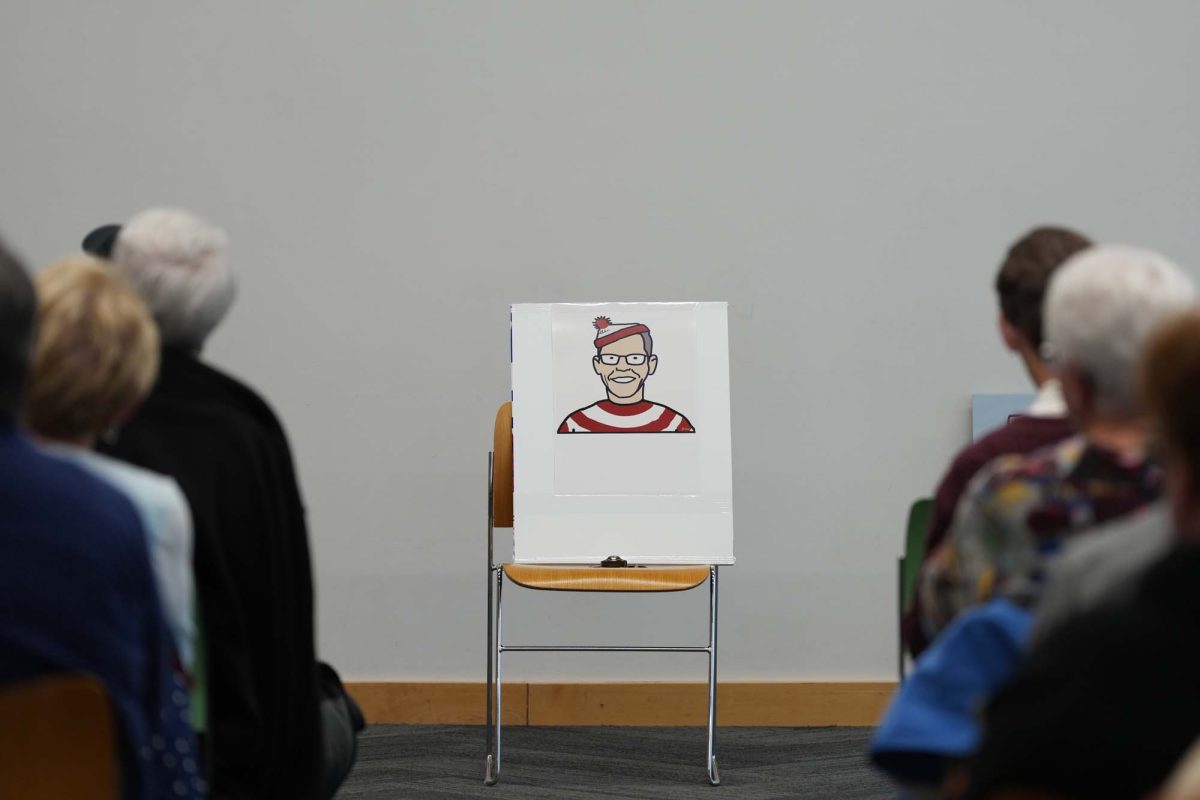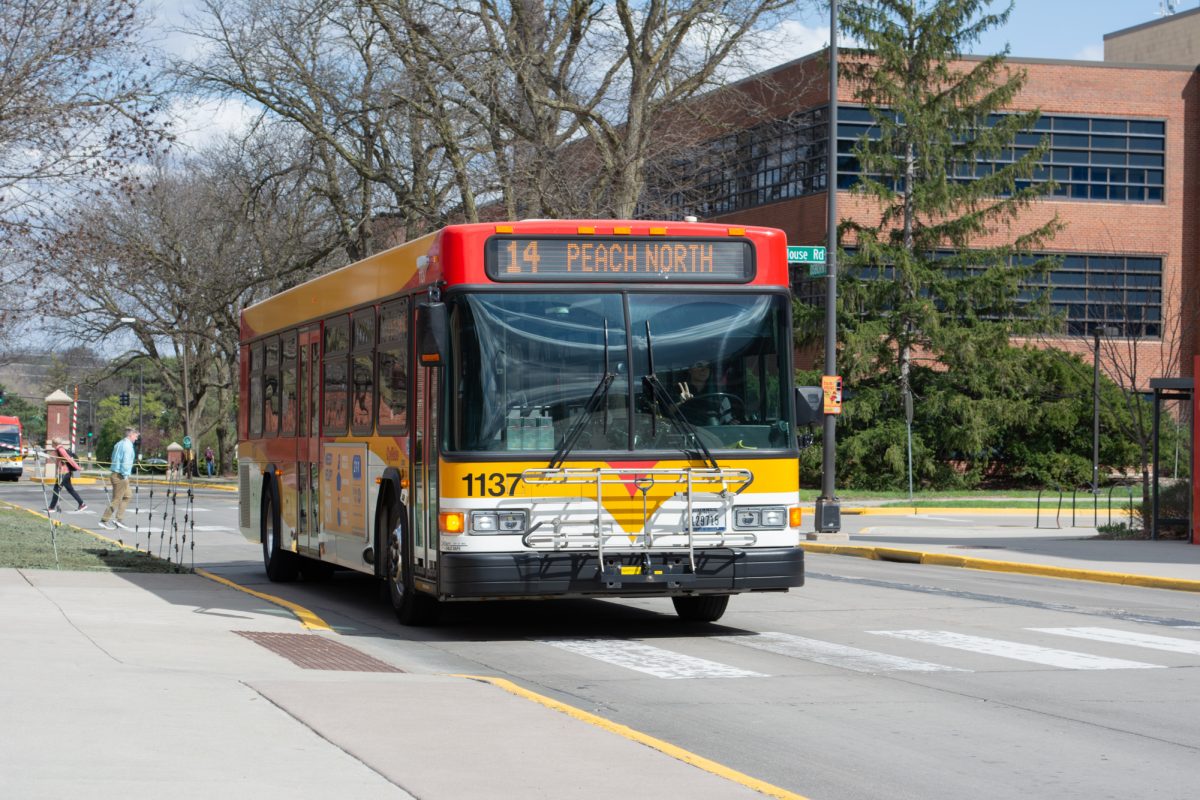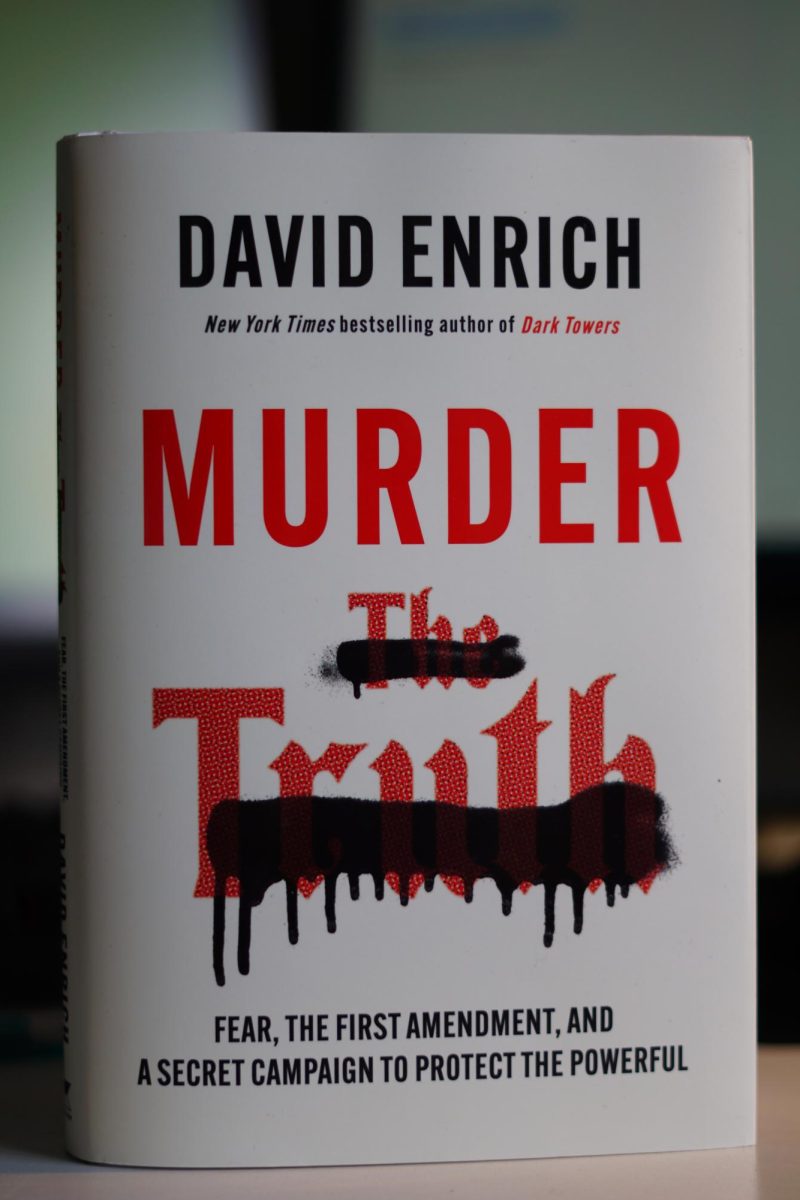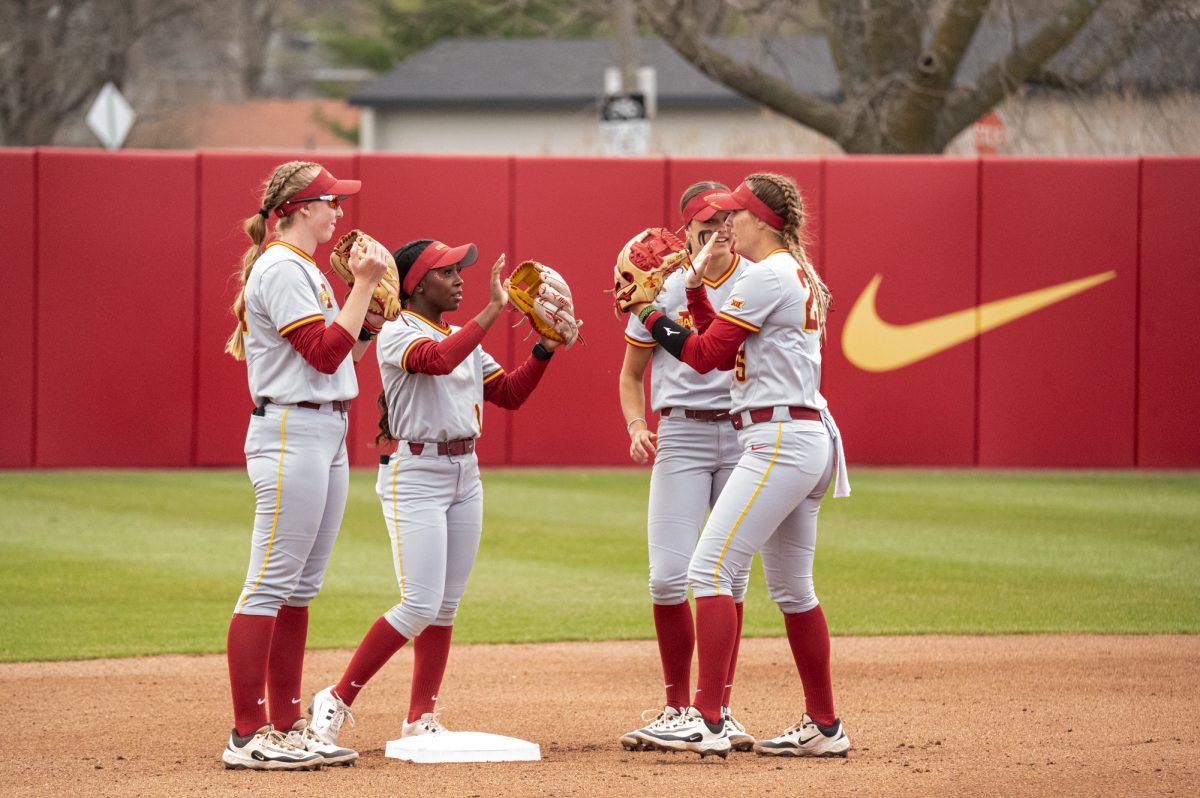ISU leaders support GSB commission
December 7, 2005
Campus leaders are coming out in support of a planned Government of the Student Body commission.
The Principles Commission, which was formed early this semester to seek out common values within the ISU community, is wrapping up an information-gathering stage and will begin early next semester to formulate a statement to act as a guide for conduct at the university.
Mara Spooner, president of the student activism group Activ-Us, said she is in support of the commission’s work.
“We all know that there are already things in policy, but this is something that’s more personal to the student body and can give students more ownership as to how they react to situations,” said Spooner, senior in anthropology.
She said there has been a history of creating statements, but they end up being just buzz-words. The real challenge will be to get broad-based student opinions, she said, and is a great endeavor.
Evan Johnson, president of Jewish group ISU Hillel, said it is hard to argue against the principles behind the commission’s endeavors, but generally questions the significance and pragmatics of such a statement.
“This might be more on the idealistic end of the spectrum,” said Johnson, senior in biology. “This is something I wouldn’t author, but I would be in support of.”
Because Iowa State is a university that is fostering learning, it already has an inherent level of tolerance for minority groups, Johnson said. He also said most people he has talked to who are involved in Hillel don’t feel threatened in the university environment.
“But I think this is noble and I applaud the effort,” Johnson said.
John Faughn, lesbian, gay, bisexual and transgender student services coordinator, said he likes the idea of having a value statement because of the dialogue that can occur after an incident, such as a hate crime like this summer’s graffiti.
“When incidents happen on our campus, we need to come together as a university,” Faughn said.
“People need to process what they are feeling rather than skirting it under the carpet.”
Todd Holcomb, associate vice president of student affairs, agreed with Faughn’s opinion on the necessity for campus dialog.
“When individuals know that hate will not be tolerated, it is less likely to occur,” Holcomb said.
Moving beyond tolerance and into the realm of understanding is an important step into creating a successful university environment, he said.
Holcomb formerly worked at Miami University in Ohio. While there, he had a business card that cited the civic responsibilities that are expected of those attending the university on the back.
“I could see having something similar to that here,” Holcomb said.






